Professor Keith Pezzoli Brings Research to Knowledge and Knowledge to Action
Feb 6, 2023
Urban Studies and Planning Professor Keith Pezzoli involves students in his efforts to combat the climate crisis.
Around three-quarters of Americans believe that global warming is happening and something should be done about it, but most disagree on what to do and are not optimistic about these efforts. According to a survey done in 2022 by Pew Research Center, 53% of Americans doubt global efforts will be able to avoid the worst impacts of climate change.
According to the Environmental Defense Fund, many Americans are unaware of the unequal impacts of climate change.
With this seemingly pessimistic view and lack of awareness, efforts to act on the climate crisis and environmental injustice can feel futile — as if there is nothing that can be done to halt the impending doom. But Keith Pezzoli, a professor in the department of urban studies and planning at UC San Diego, encourages his students to take action and not give up hope as he himself demonstrates optimism through his own research and projects in the community.
In his undergraduate years, Pezzoli studied environmental design psychology, learning about the human mind and how the environment influences how people think and behave. With the experience he gained through experiments such as testing alternatives to prison and operant conditioning of rats, his career took a turn.
“I realized, as much as we need people to work with those who are injured and incarcerated and all that, I found myself gravitating towards getting proactively engaged and avoiding those problems from emerging,” Pezzoli said.
While working in urban planning, Pezzoli found ways to target the climate emergency beyond analyzing it. Since then, Pezzoli has gotten his master’s and doctorate in urban planning, completed a dissertation on Mexico City which is now a book, and joined what was only a program of urban studies and planning at UCSD, and now is its own department. At UCSD, Pezzoli engages in bioregional research and projects with the aim of addressing the root causes of global warming and environmental injustice.
One such project is the Ocean View Growing Grounds — a food forest created on a 20,000-square-foot vacant urban lot in Southeast San Diego. An area that was once contaminated with chemicals and toxins was transformed into a garden that provides many services to the community.
“Rather than just testing for toxicants and looking at the environmental injury when exposed to toxicants, we figured we’d generate solutions,” Pezzoli said. “So we cleaned up, and together with the Global Action Research Center, our community partner, we decided to find land.”
The project aims at bettering the community by removing a harmful and unused piece of land and replacing it with a source of food and source of comfort, transforming the neighborhood into a flourishing and healthier place. One of Pezzoli’s main goals through his teaching and projects is to involve students and the youth in bringing about these solutions to address the climate crisis. He does just that with the food forest.
“We had students do surveys of land to find a place. They collected data on 810 vacant lots and then we worked with the EPA, and we got a grant to clean up the soil,” Pezzoli said. “It was a perfect opportunity to lay down an organization that would be situated there and use the food space as a way of cleaning up the environmental toxicants.”
Pezzoli finds that the involvement of students is mutually beneficial for students, the university, and the projects being worked on.
“We’ve been trying to help the university institutionalize the capacity to create experiential learning for students. We have to think about how we can create meaningful experiences for so many students,” Pezzoli said. “When they go out into the community, are they trained to be respectful? Do they think they know all the answers, and is there the proper kind of trust in place for that to happen?”
The growing grounds did more than just clean up the area and provide food for a community in need, and it was more than just a project for students to work on to gain experience. It grew the neighborhood and became an environmental justice learning hub — a place where scientists can come and teach the community about the environment. It provided a green space in an area that lacks greenery; Pezzoli notes that the garden has become a kind of mindfulness place where people in the community have come to grieve and reflect.
“It’s not just a garden for growing food,” Pezzoli said. “It’s a garden for growing souls and for providing relief. There’s a science-meets-the-people kind of thing.”
According to Pezzoli: the garden addresses an important necessity in urban planning and urban institutionalization that listens to and meets the needs of the people. The people who know what is needed in their own community can become involved in this planning process and maintain their self-determination.
Other team-based projects that Pezzoli is currently working on are elevating support for the Youth Environmental Justice Advocates and making more fresh and minimally processed foods available to communities in need.
The goal of these projects is to form a greater connection between the community and the solutions to a global issue. Pezzoli believes this is at the heart for the future of urban planning and what it needs: for the people to become a part of the planning.
“We must reclaim the demos where it matters. And that means a demo that’s educated and can get at the root causes,” Pezzoli said. “We gotta get people to the planning and decision-making table that know what they need in their community.”


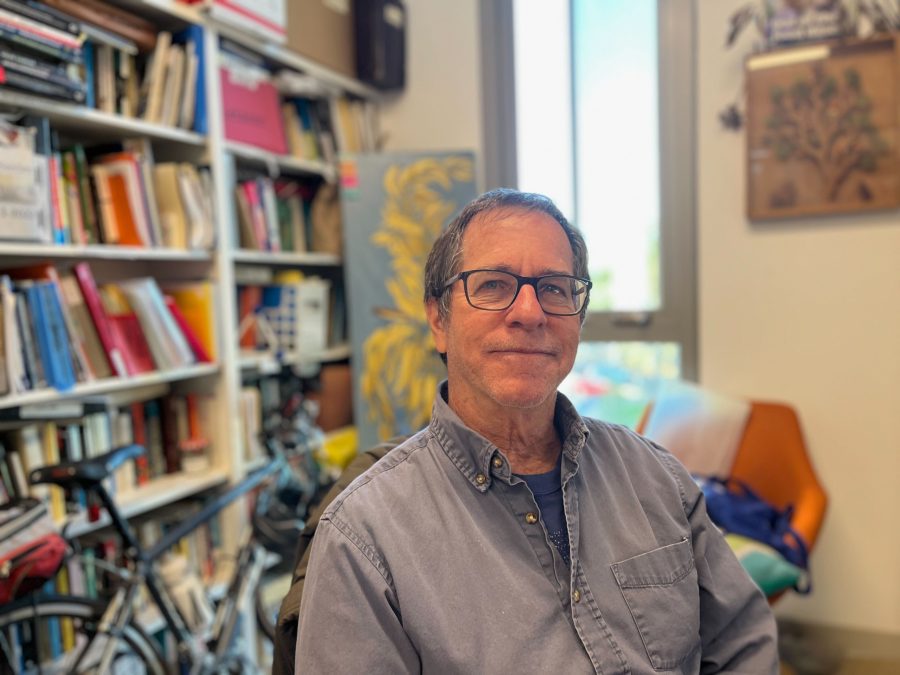
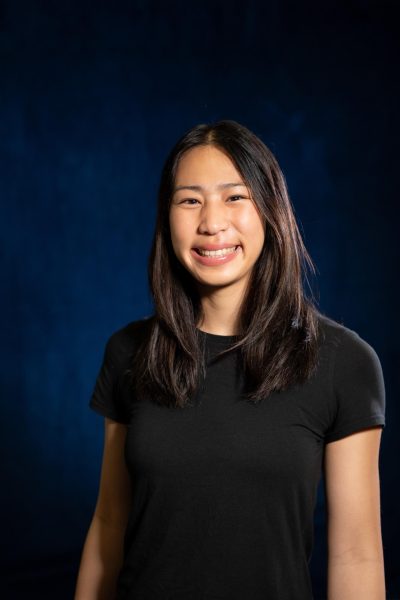
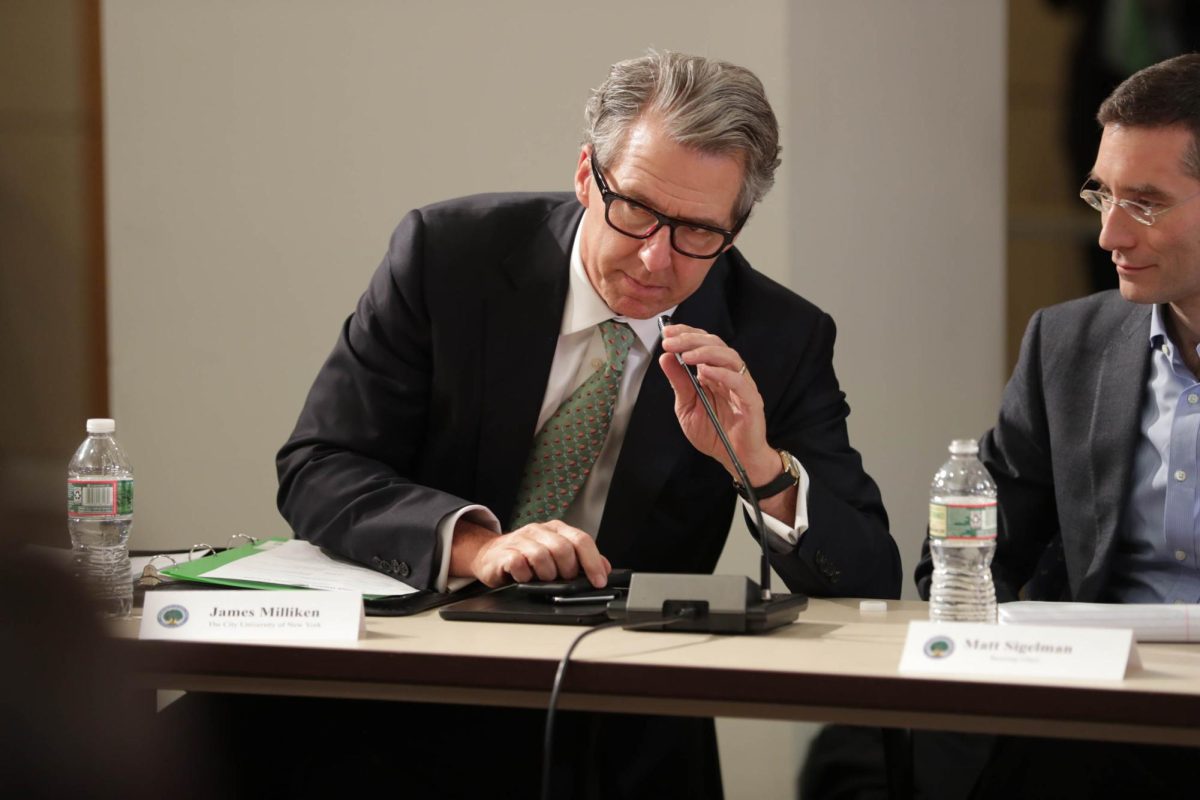
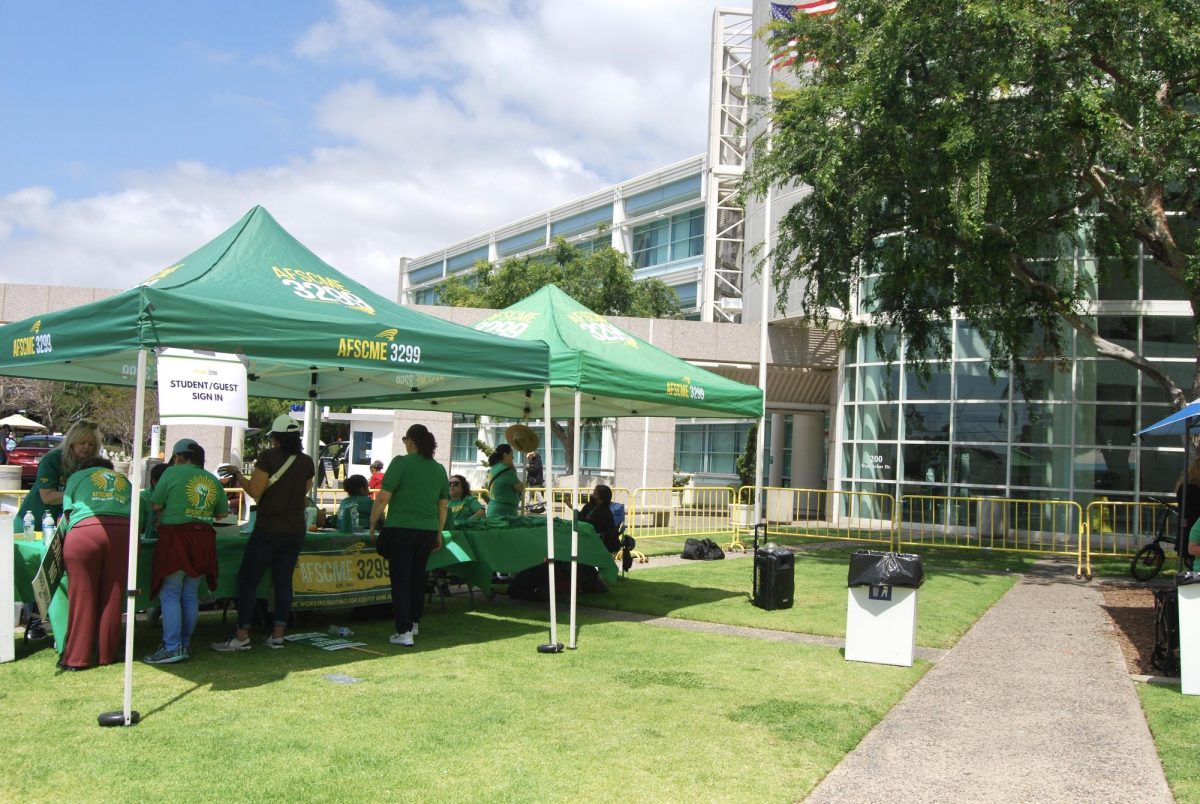

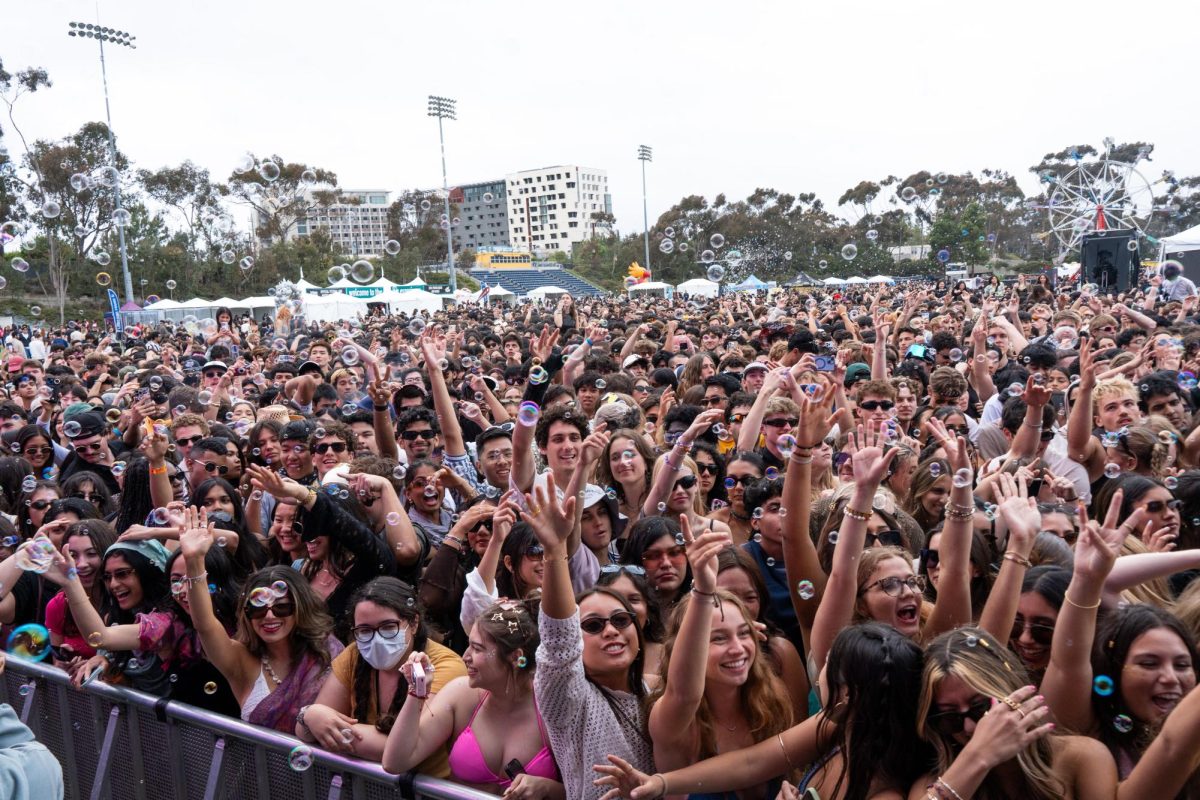
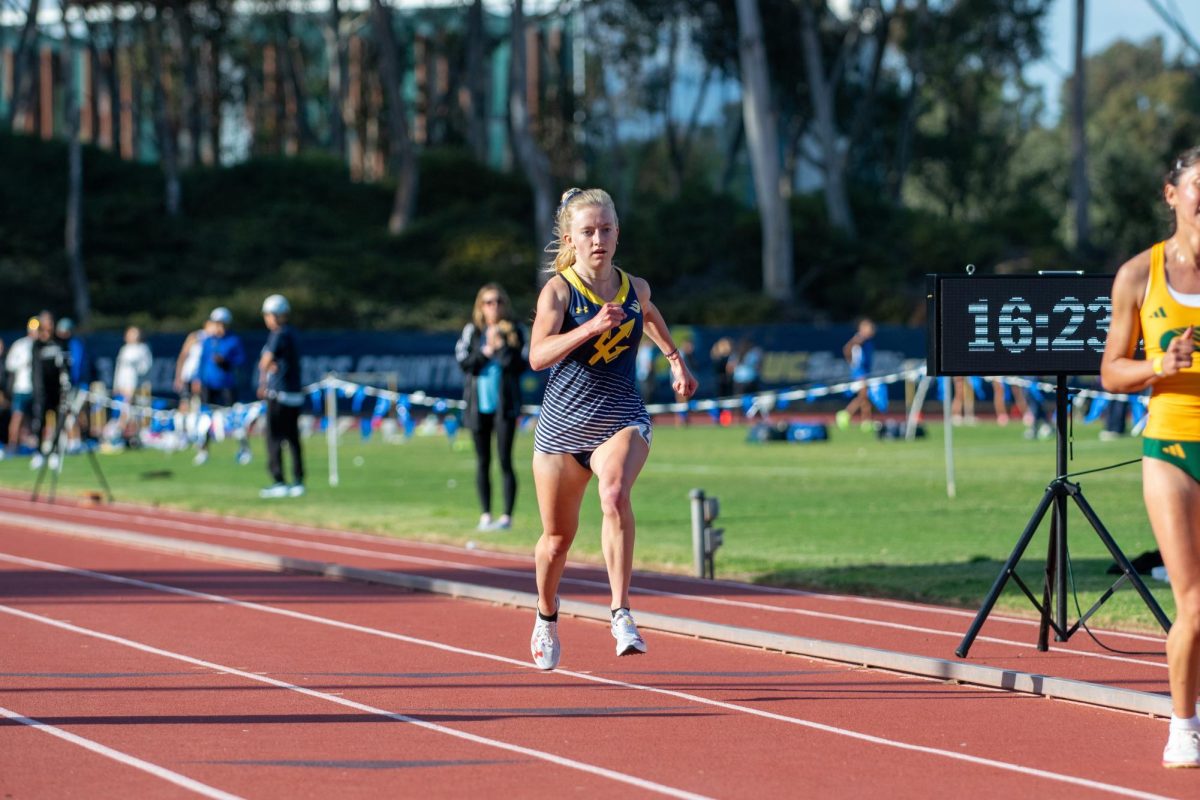
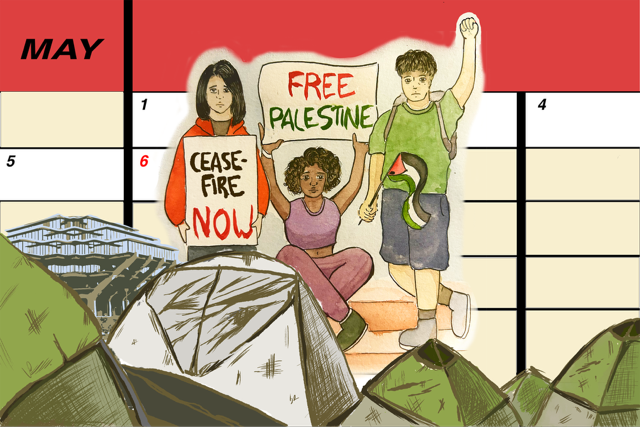




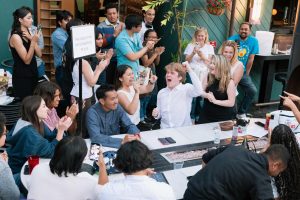
Asharib Naseer • Jan 8, 2024 at 10:33 am
Professor Keith Pezzoli’s visionary approach to urban planning shines through in his transformative projects like the Ocean View Growing Grounds. Engaging students in hands-on solutions for environmental challenges, Pezzoli not only cleans up urban spaces but also creates havens of sustainability and learning. His commitment to community involvement and environmental justice sets a commendable standard for the future of urban planning, showcasing a genuine passion for positive impact.
Michelle Evans • Nov 28, 2023 at 9:58 pm
Professor Keith Pezzoli’s groundbreaking work seamlessly bridges research and action, exemplifying the essence of academia’s impact on society. A must-read piece capturing the transformative journey from knowledge creation to real-world application. Kudos to UCSD Guardian for spotlighting this inspiring collaboration
dorothyconnor • Aug 30, 2023 at 2:28 am
great
robertjace • May 25, 2023 at 12:51 am
great
bensonclark • Feb 22, 2023 at 1:52 am
Thanks for sharing this best stuff with us! Keep sharing! I am new in blog writing. All types of blogs and posts are not helpful for the readers. Here the author is giving good thoughts and suggestions to each and every reader through this article. literature-essay Quality of do my paper for me the content is the main element of the blog and this is the way of writing and presenting.
Lebron James Tiffany and Co Nike Jacket • Feb 15, 2023 at 6:20 am
I found his message to be both interesting and educational, so I read it with great interest. I strongly recommend that everybody reading this site try on this Lebron James Tiffany and Co Nike Jacket in the cold.